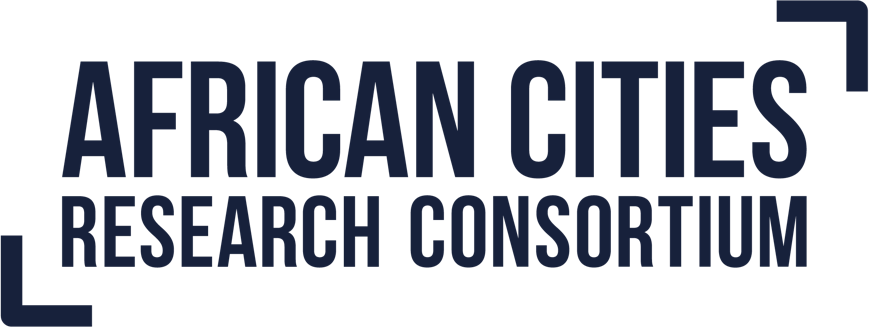Latest News + Insights
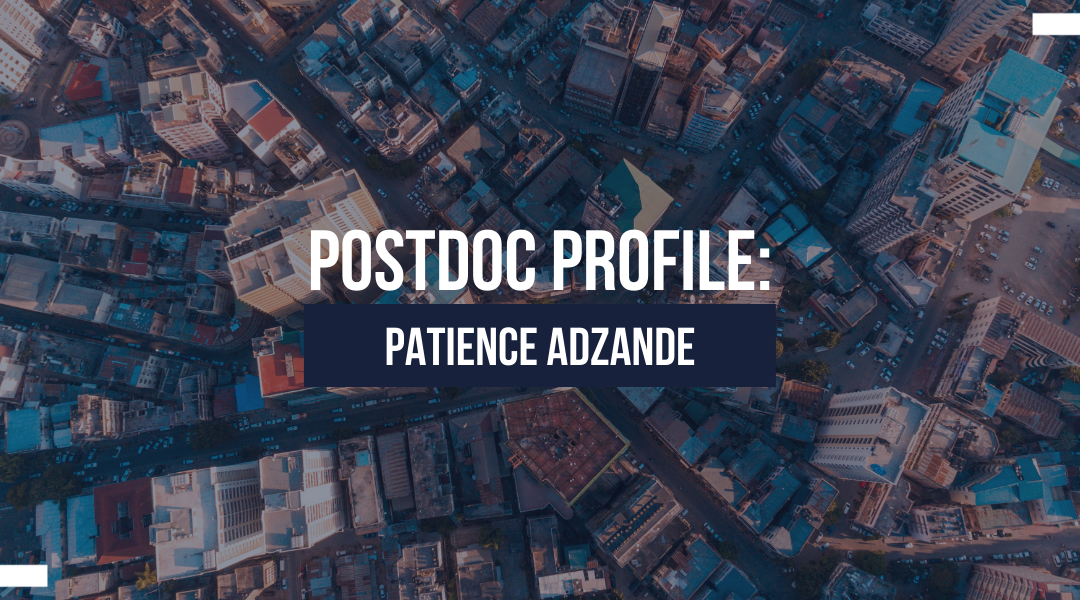
Postdoc Profile: Patience Adzande
Patience Adzande talks about her interest in human security, her research into the spatial dynamics of crime and violence in cities, and why safety and security are key to liveable and inclusive cities.
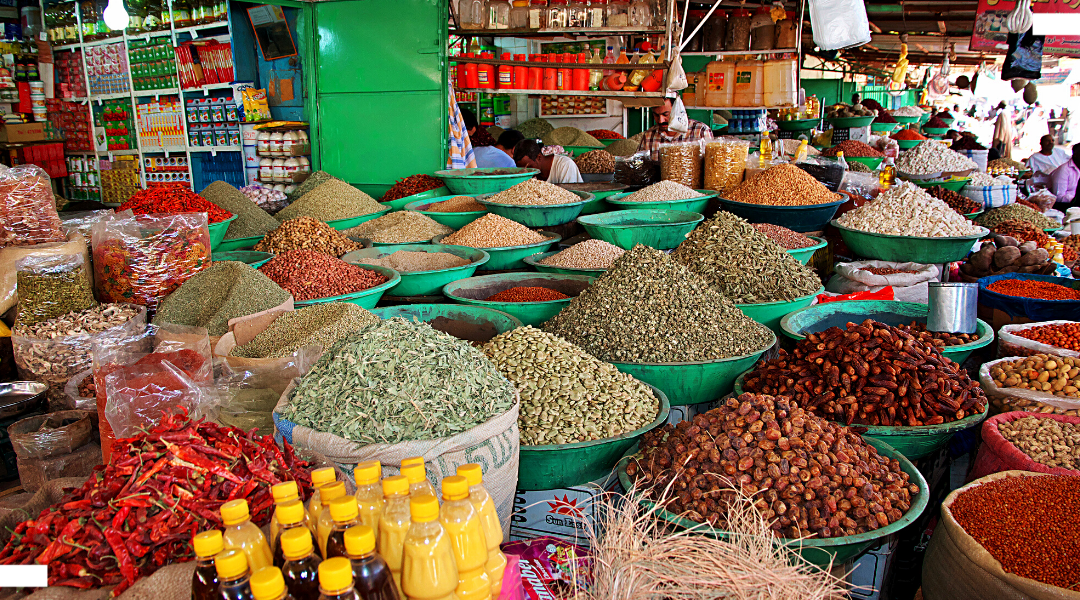
Health, wellbeing and the importance of community experience
Health, nutrition and wellbeing challenges faced by people living in African cities are considerable, but adverse outcomes are often masked in national and regional data and misrepresented in policy debates by the so-called “urban advantage”.
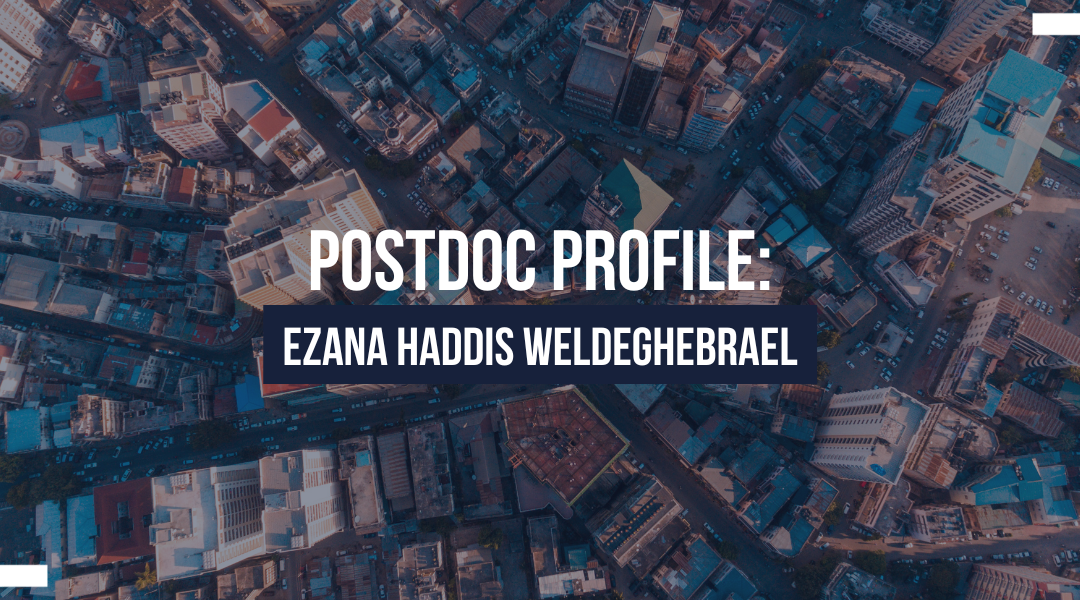
Postdoc Profile: Ezana Haddis Weldeghebrael
Ezana Haddis Weldeghebrael talks about his interest in the political processes shaping development, his research into how informal settlement residents mobilise to improve their living conditions, and what he’s most enjoying about the ACRC fellowship.
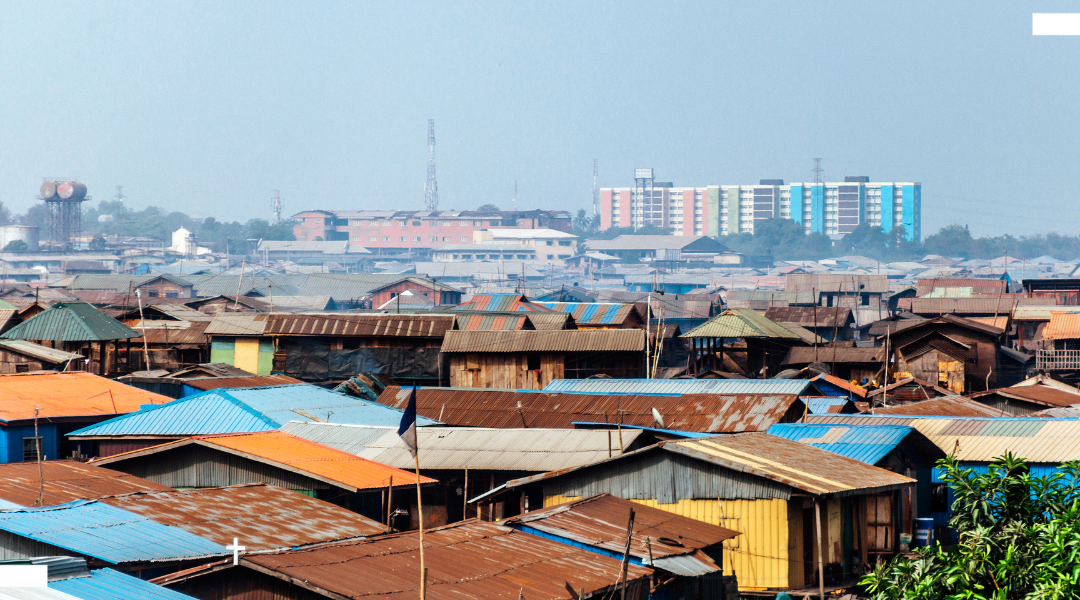
ACRC at the DSA Conference: The political economy of urban reform in Africa
The African Cities Research Consortium (ACRC) is convening a panel at the upcoming Development Studies Association (DSA) Conference on Wednesday 6 July: ‘The political economy of urban reform in Africa: From analysis to action’.
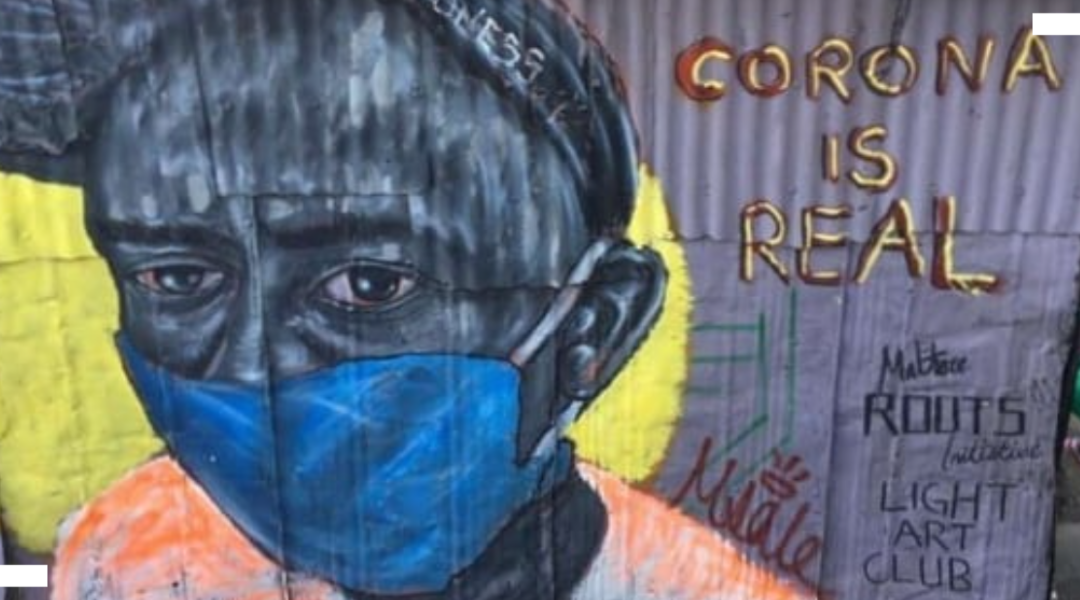
Pandemic preparedness and community-led solutions in African cities
Trust, legitimacy and equity. These were highlighted by Paul Mukwaya in his presentation on Covid-19 impacts in Kampala as being key to effective pandemic responses.
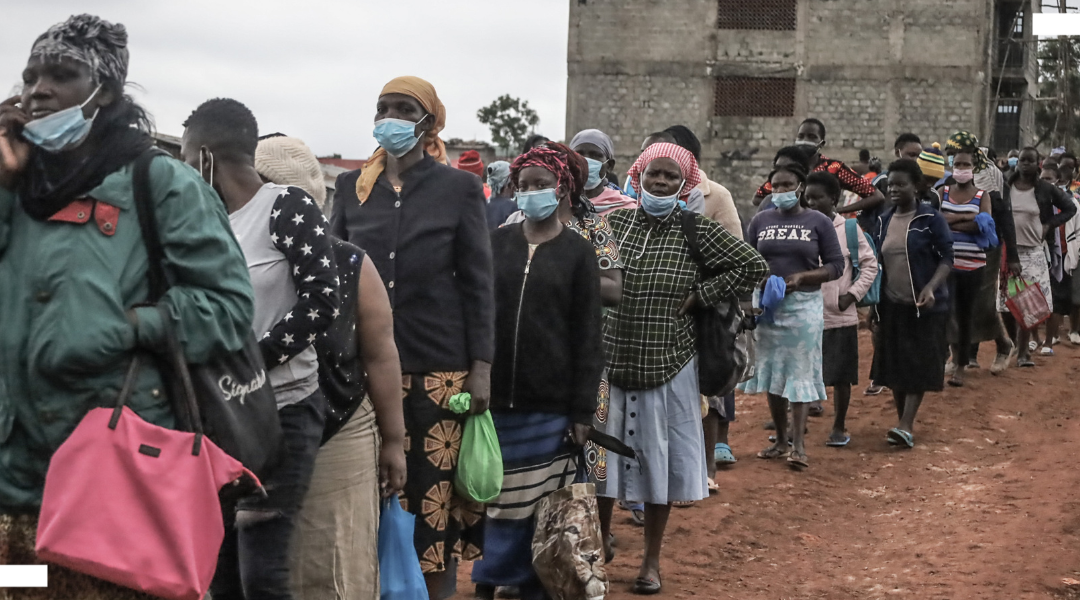
What lessons can we learn from Covid-19 responses in African cities?
For low-income residents in African cities, the Covid-19 pandemic has often been experienced less as a health crisis and more in terms of the devastating socioeconomic, political and violent impacts arising from lockdown measures and other responses.
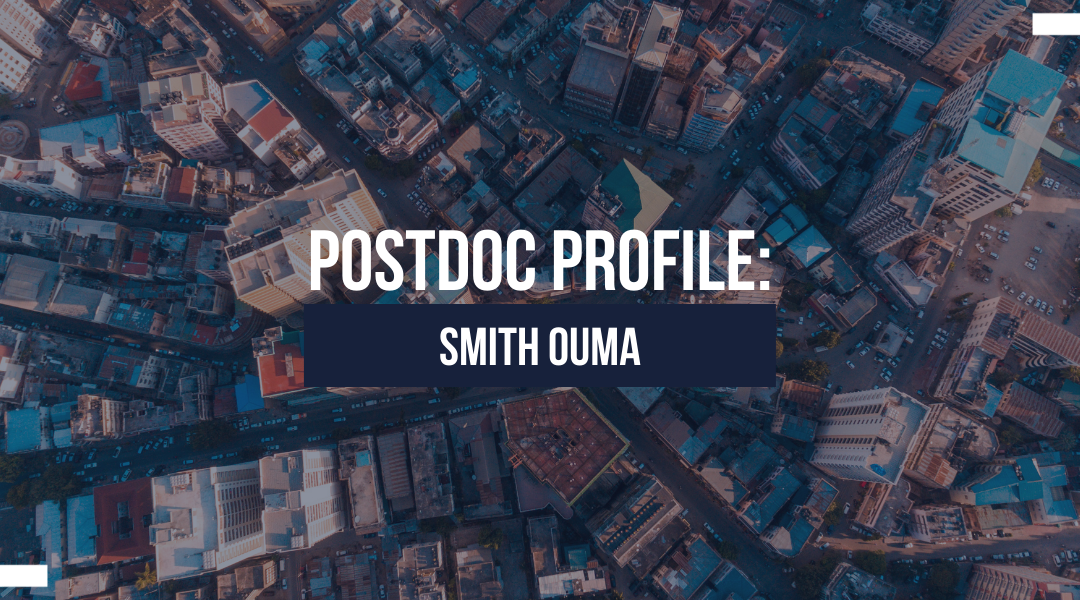
Postdoc Profile: Smith Ouma
Smith Ouma talks about his focus on rights-based approaches to development, his work as part of ACRC’s informal settlements domain, and why he’s excited to be part of the consortium.
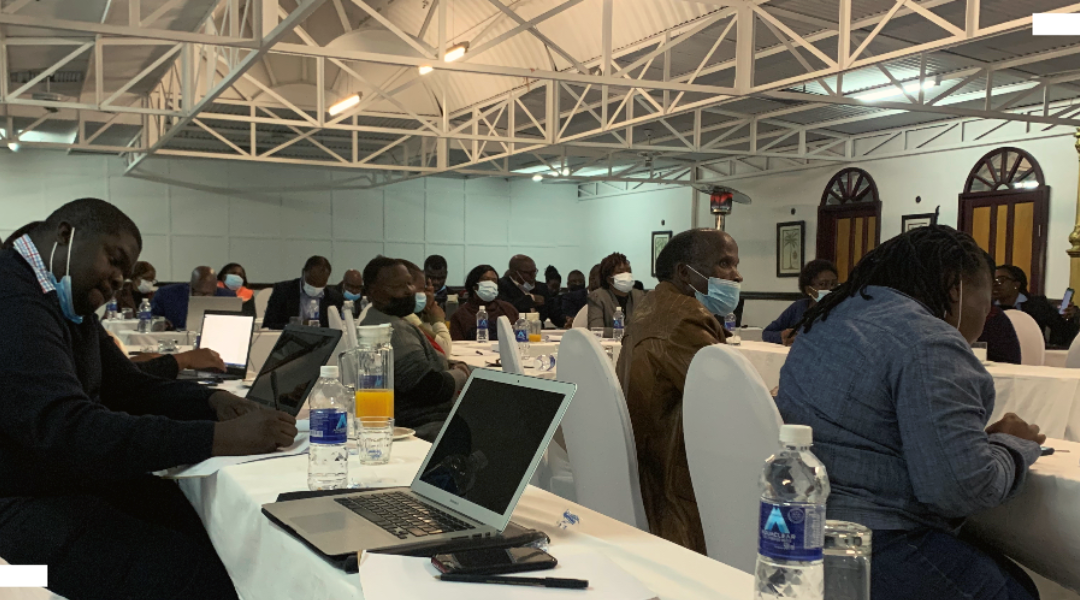
ACRC Harare team engages city council in an uptake-related session
ACRC’s research activities in Harare have gone up a gear following an interim workshop hosted in March this year and, more recently, an uptake meeting with City of Harare officials.

Understanding Covid-19 responses: Political settlements and community initiatives
Two new working papers, produced under the Covid Collective, explore and compare the politics and social and economic impacts of Covid-19 as it evolved in three East African capital cities and its legacy in terms of possibilities for positive and lasting change.
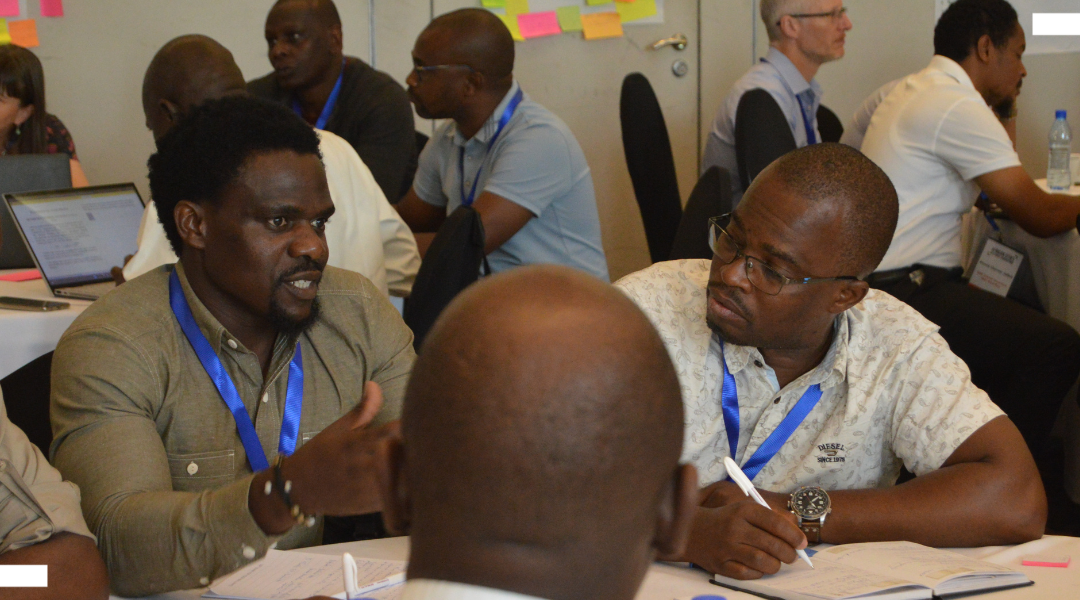
Insights on knowledge co-production from Harare, Zimbabwe
Collaborations between academia and grassroots organisations are not without tensions and power imbalances. For urban low-income communities, engaging with academics may mean enduring disqualification of their knowledge.
Sign up to our newsletter
Keep up to date with all the latest news and insights from the African Cities Research Consortium.
